How the nation's wildlife reclaimed Britain under lockdown, from the Llandudno goats to the owls at Ham House
It didn’t take long after society slowed down for the nation’s wildlife to start reclaiming what was once theirs.
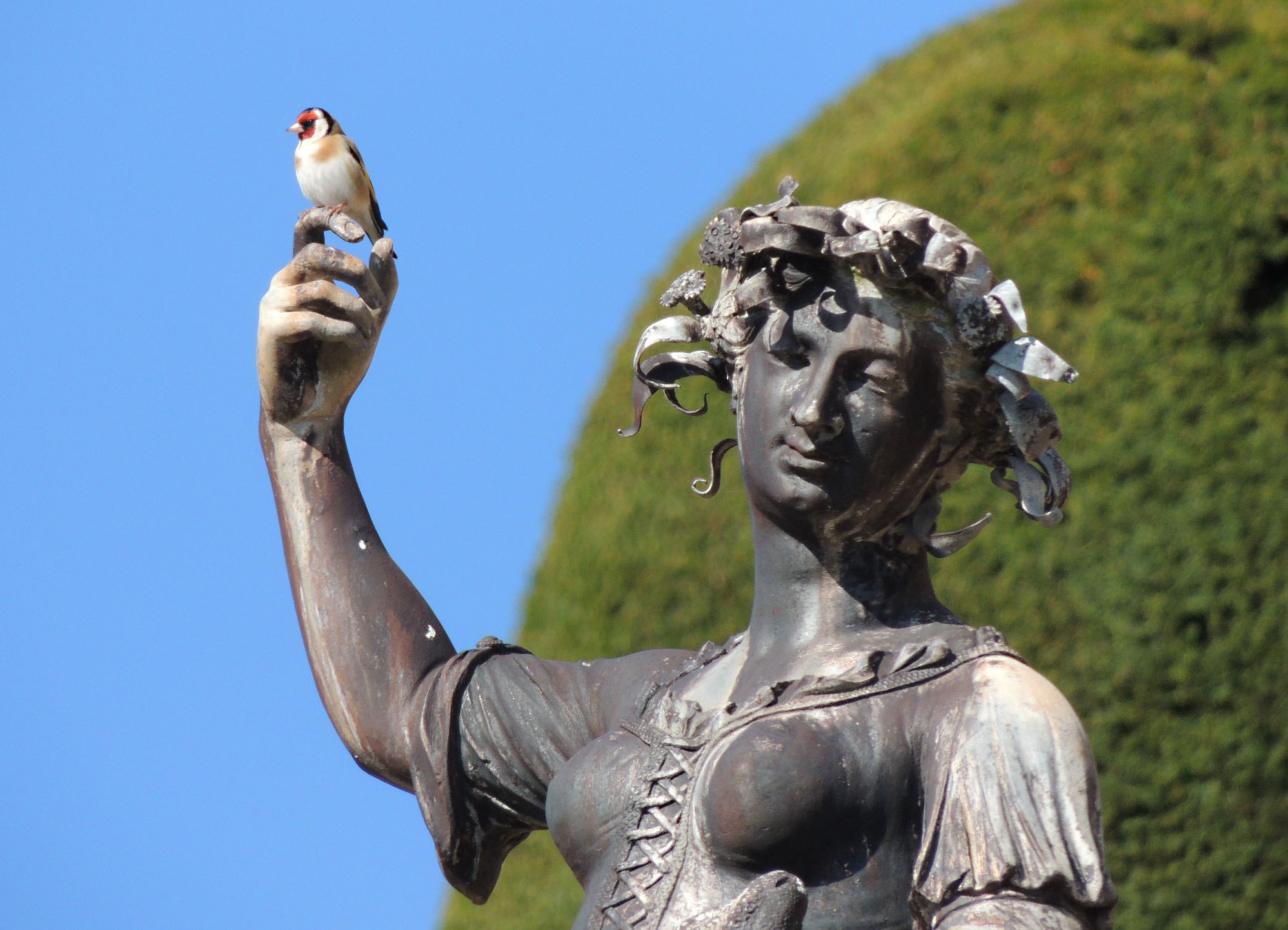

It started with the goats in Llandudno. We heard reports of dolphins in Venice and porpoises in Somerset rivers. The buzzards have returned to Hampstead Heath, for the first time since John Keats was alive.
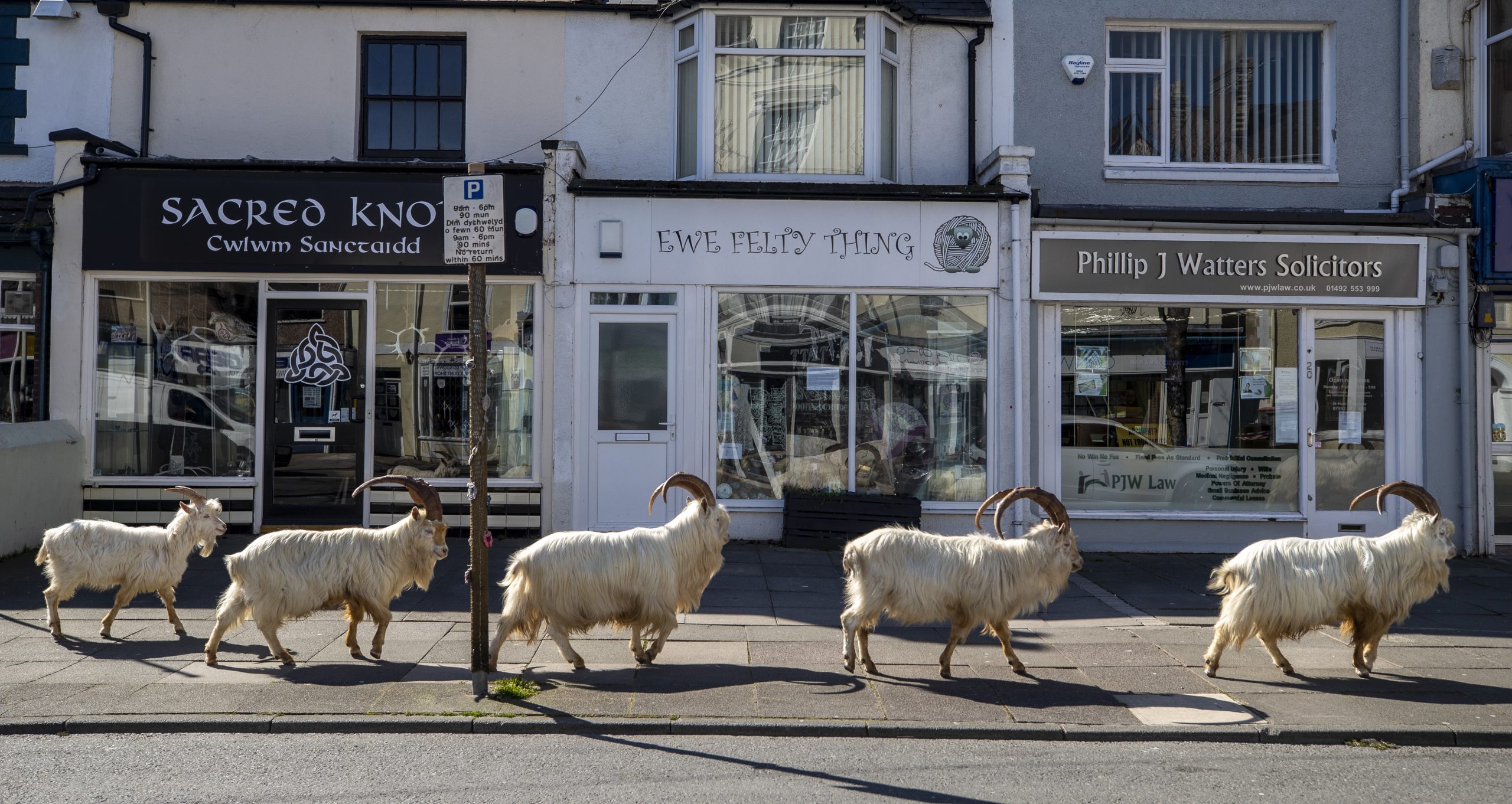
For two months the National Trust closed its properties, and rangers and gardeners across the country reported rare animal sightings and uncharacteristic behaviours.
The Trust reported peregrine falcons nesting in the ruins of Corfe Castle in Dorset; grey partridges waddling through an empty car park near Cambridge; and the cuckoo calling in Osterley Park, west London, for the first time in 20 years.
David Brown, the Trust’s ecologist at Corfe Castle, said: ‘This is the first time peregrines have nested here since the 1980s. With the site the quietest it has ever been, the great curtain walls are an ideal spot for these powerful birds, which look for isolated and inaccessible places to build a nest. Amid all the uncertainty, it has been heartening to see Nature colonising the landscape in our absence.’
A spokesman for Ham House, London TW10, noted that little owls have been making their presence felt, with the birds ‘venturing further into the garden from the river meadows’.
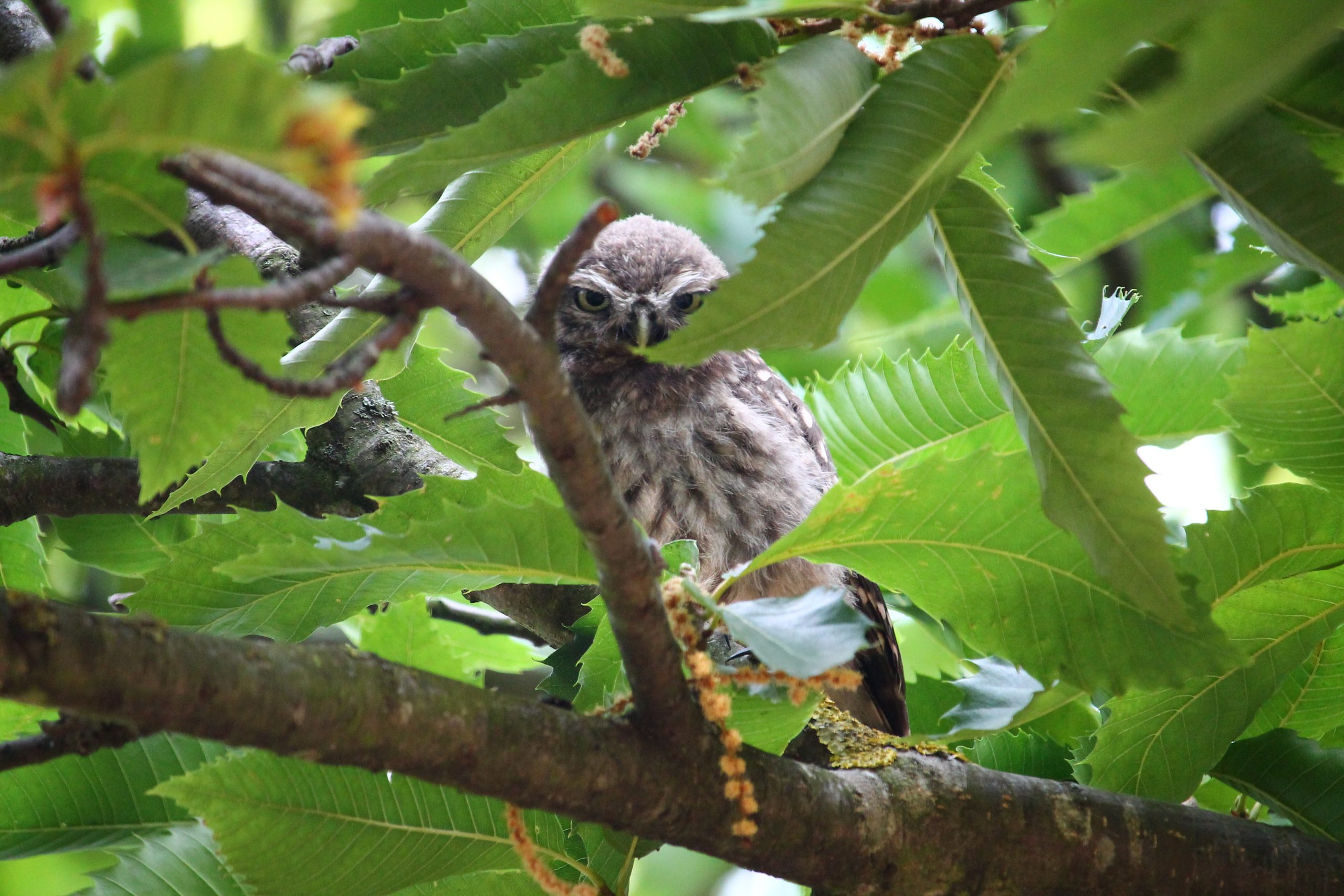
On the marine side, two male orcas were spotted in Strangford Lough in Northern Ireland and otters were seen exploring the grounds of neo-Classical Mount Stewart in Co Down.
‘With less traffic and fewer people, we’ve heard deafening levels of birdsong and seen famous monuments and formal gardens colonised by wildlife,’ said Ben McCarthy, the Trust’s head of Nature conservation .
Sign up for the Country Life Newsletter
Exquisite houses, the beauty of Nature, and how to get the most from your life, straight to your inbox.
‘Nature’s recovery is still a long way off, but the fact that people are noticing what’s around them is something to be celebrated.’
Now, however, places are beginning to open, with many National Trust gardens opening once more, via a pre-booking system.
No doubt this will carry the risk of reversing some of the changes that have been seen. Yet hopefully the impact won't be too great: the booking system means that footfall will be far lower than usual. We'd also hope that the heightened appreciation of nature will keep the visitors respectful and considerate of the animals and birds which have enjoyed a rare amount of space and peace. The spring of 2020 belonged to wildlife; here's hoping that the summer will too.
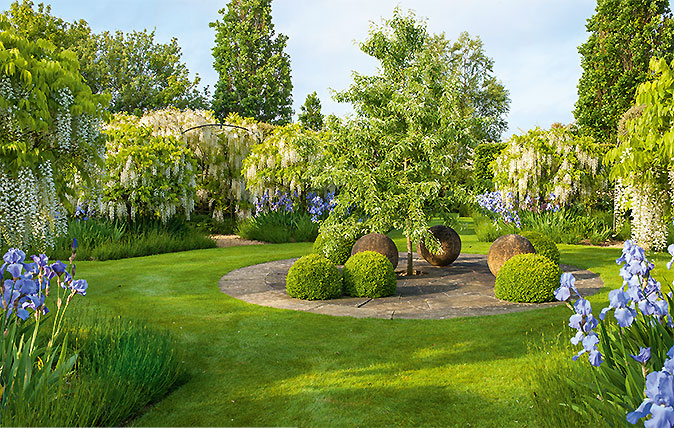
Credit: Andrew Lawson / Country Lfe
The Rosemary Verey garden masterpiece that blends nature and geometry
The great Rosemary Verey masterminded this garden in Oxfordshire which remains naturally glorious despite being geometrically-inspired. Vanessa Berridge paid a
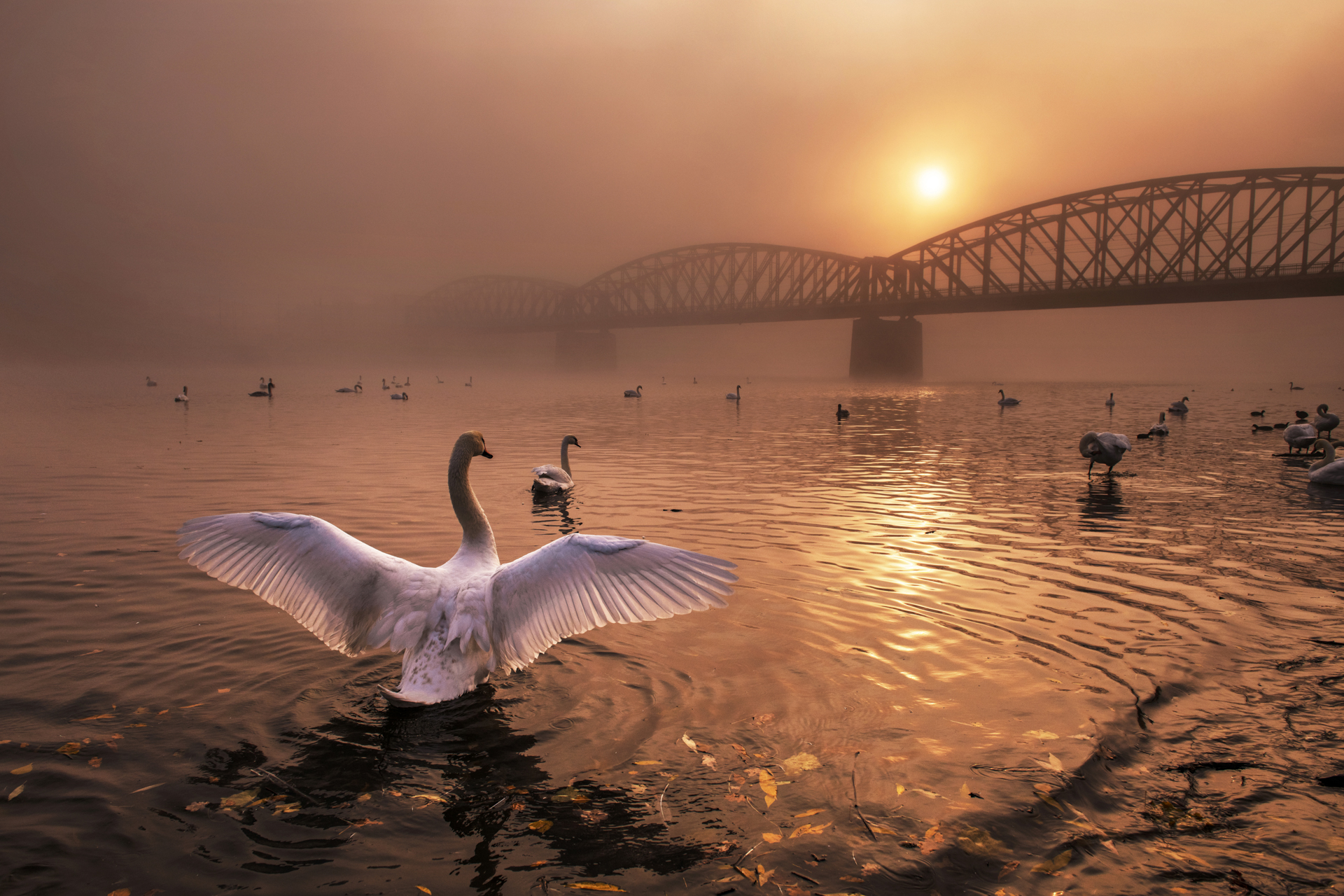
10 superb pictures from Nature Photographer of the Year 2019
A cheeky duck and a majestic arch of the aurora borealis are among the magnificent photographs honoured by the 2019
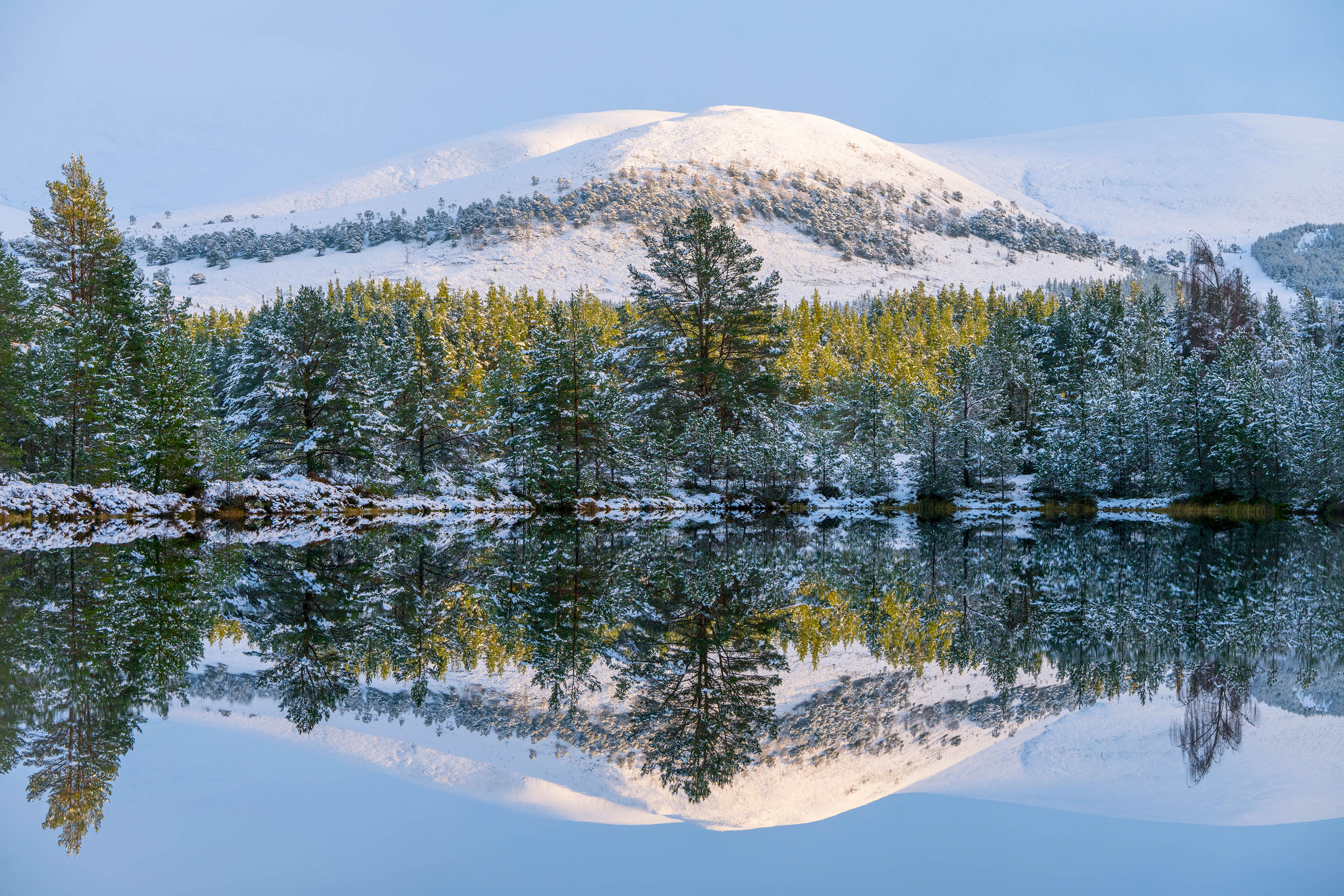
Six utterly glorious images of Britain's natural wonders, to inspire you and help out the John Muir Trust in 2020
The John Muir Trust's Wild Nature diary and calendar is filled with stunning images of our natural wonders.

James Fisher is the Deputy Digital Editor of Country Life. He writes about property, travel, motoring and things that upset him. He lives in London.
-
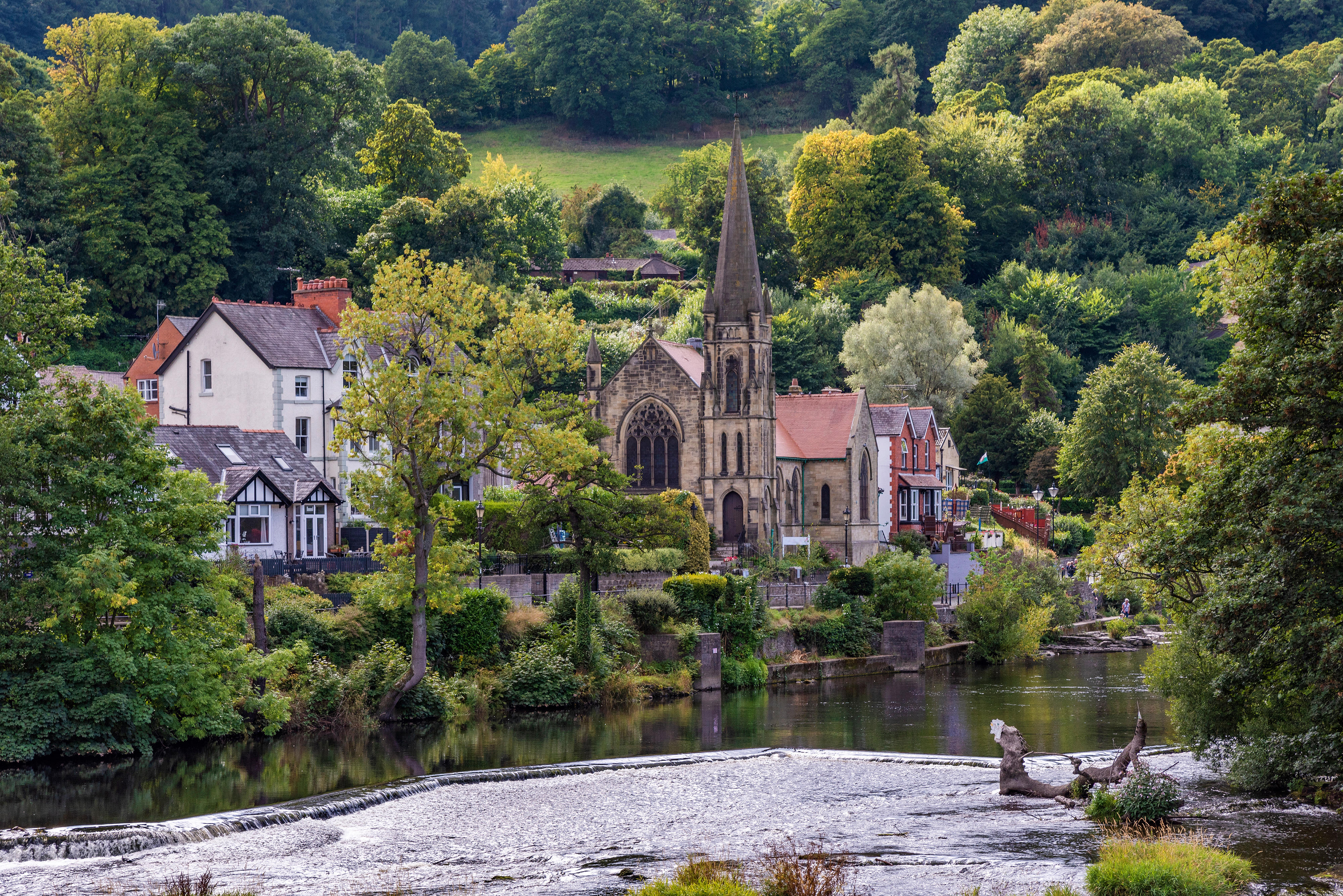 About time: The fastest and slowest moving housing markets revealed
About time: The fastest and slowest moving housing markets revealedNew research by Zoopla has shown where it's easy to sell and where it will take quite a while to find a buyer.
By Annabel Dixon
-
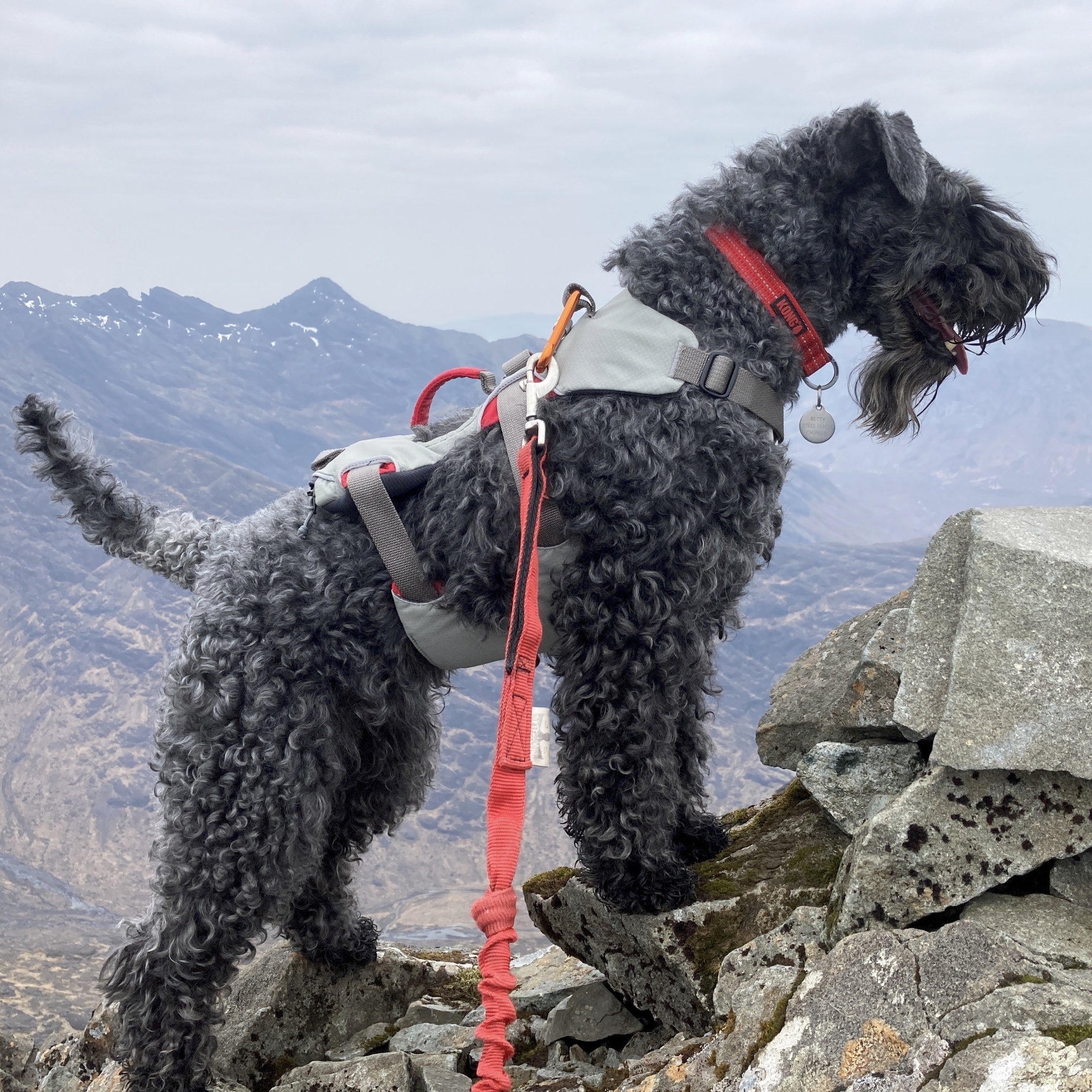 Betty is the first dog to scale all of Scotland’s hundreds of mountains and hills
Betty is the first dog to scale all of Scotland’s hundreds of mountains and hillsFewer than 100 people have ever completed Betty's ‘full house’ of Scottish summits — and she was fuelled by more than 800 hard boiled eggs.
By Annunciata Elwes